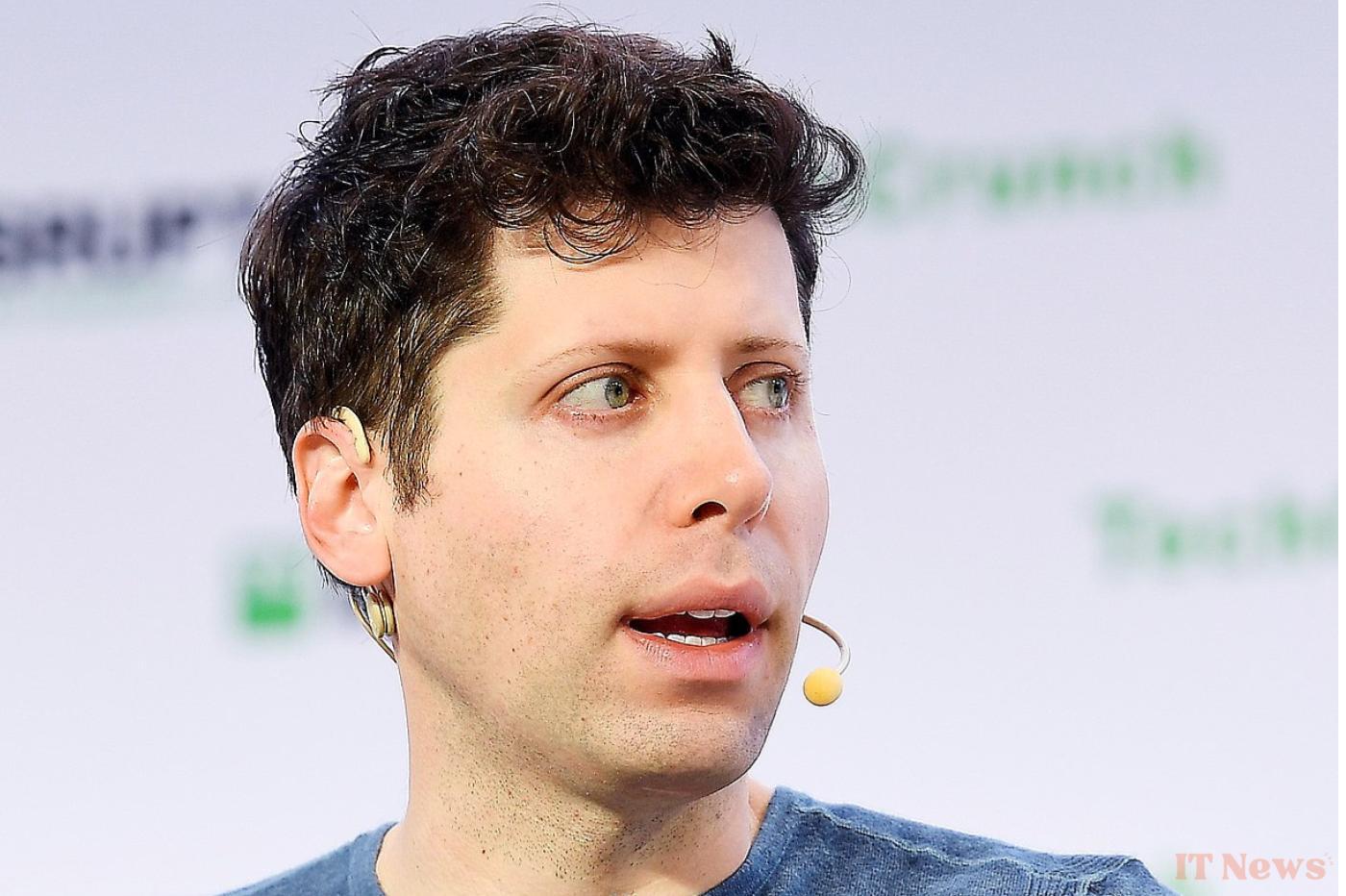"A ChatGPT query consumes about 0.34 watt-hours, which is about what an oven would use in one second, or what a low-energy light bulb would consume in two minutes," writes Sam Altman on his blog. For water, he says, "about one-fifteenth of a teaspoon." These numbers are far from alarming... until you multiply them.
Minimal Demand, but Massive Uses
With some 400 million weekly users—a figure that's constantly growing—ChatGPT's environmental impact adds up very quickly. That's without even mentioning other AI models, like Google's Gemini or Anthropic's Claude, which are also widely used. In this context, the small individual footprint of a query is becoming a societal issue.
Concern is growing as AI becomes ubiquitous in our lives. A recent ChatGPT outage, lasting more than ten hours, left millions of internet users without their usual virtual assistant... An incident revealing the level of dependency reached. While Sam Altman seeks to reassure, showing that ChatGPT consumption remains moderate, the debate is obviously far from over.
In the same post, Sam Altman paints an optimistic picture of the future. According to him, we have reached a technical milestone. AI is accelerating scientific research, unlocking productivity, and already allowing some researchers "to do in a year what used to take them a decade." The coming years promise spectacular advances, particularly in the development of robots capable of producing other robots, or systems capable of generating their own improvements... again according to the head of OpenAI.
The goal, according to the director, is for the cost of intelligence to converge with that of electricity. But this dynamic comes at a price: powering data centers, training models, and maintaining infrastructure. And according to some estimates, AI could eventually consume more electricity than cryptocurrency mining. The question of energy optimization then becomes central, both for businesses and governments.
Sam Altman also affirms that he wants to avoid the excessive concentration of power conferred by artificial intelligence. He advocates for widespread accessibility, shared governance, and for society as a whole to participate in defining the limits of these technologies.
These ambitions will certainly have to be accompanied by concrete measures to limit AI's ecological footprint. Because if ChatGPT one day becomes the energy equivalent of a light that stays on everywhere, all the time, we will have to ask ourselves who will pay the bill.



0 Comments